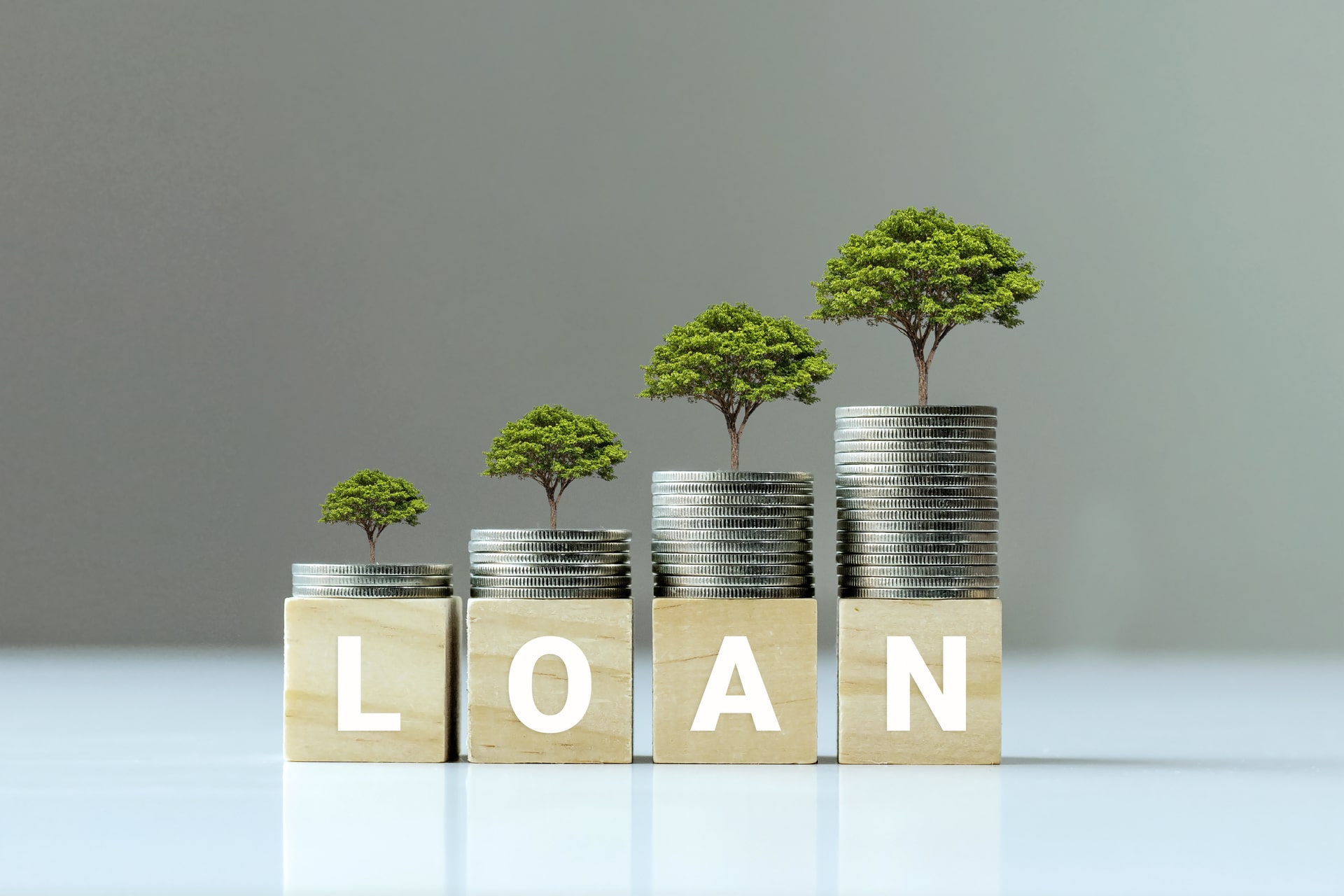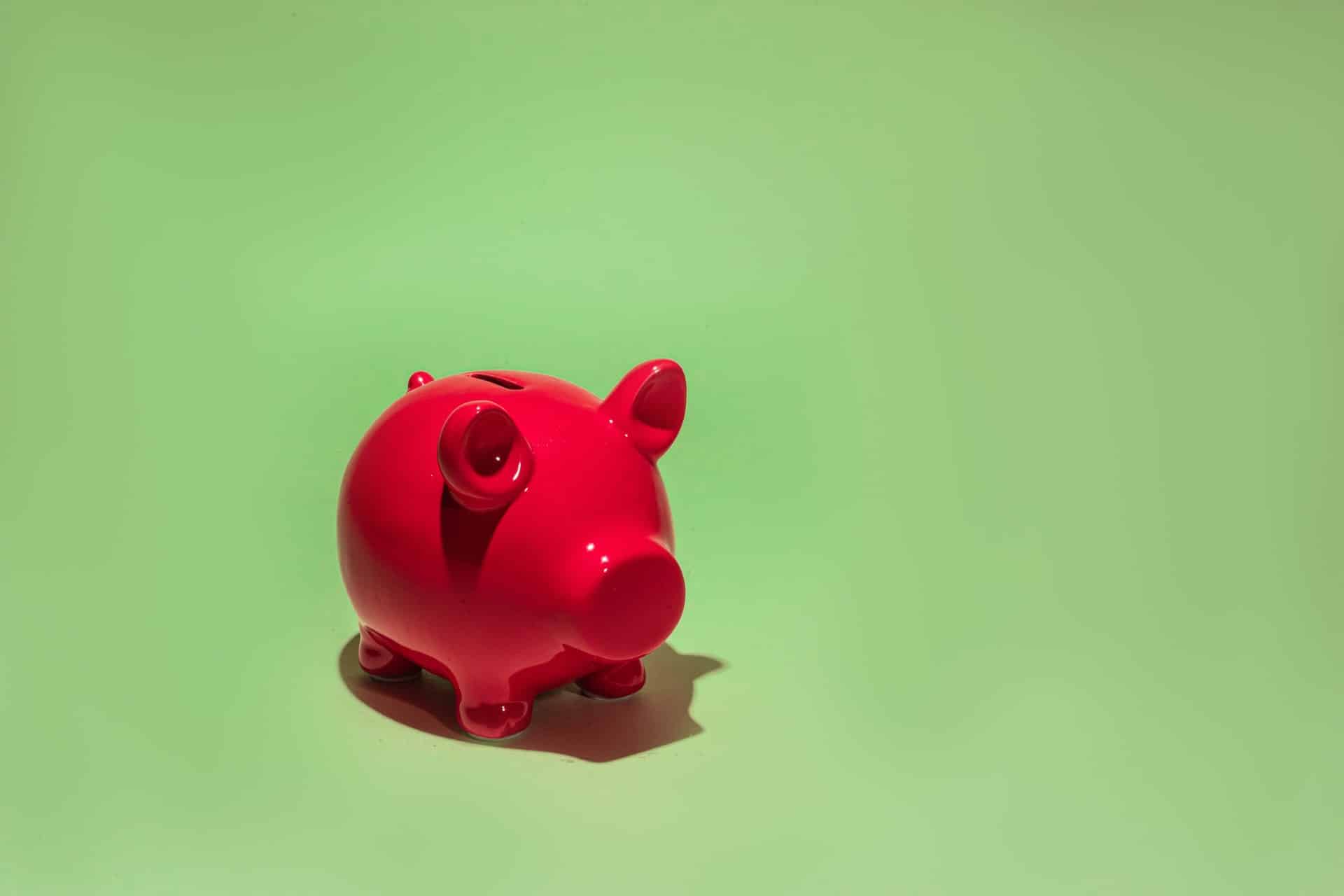How To Get Out Of Debt

How To Get Out of Debt | How To Clear Debt Fast | Guidance
We could write off up to 85% of your unaffordable debt
Table of Contents
How To Get Out of Debt
Most people have some form of debt and for many of us, it is perfectly manageable and affordable, but that moment you realise that your debt has become too much of a burden can be a scary one.
The good news is that it is possible to become debt free.
In the first instance, it is important to distinguish between debt that is unavoidable e.g. mortgages, car repayments etc. and debt that is potentially avoidable. Clearly, it’s the avoidable debt that should be tackled in order to free up income and to reduce stress levels.
Once you have formulated your plan, stick to it, and soon you will begin to notice the benefits.
Here are some steps along with some useful information to help you break free of your debt.
List All of Your Debts
First things first…you will need to list all of the debts you owe in order to begin your plan. Which of the following do you have?
- A Mortgage
- Hire Purchase Debt for a vehicle or equipment
- Rent Arrears
- Logbook Loans
- Secured Loan
- Buy Now Pay Later Debt
- Council Tax Debt
- Gambling Debt
- Overdraft Debt
- Personal Loan Debt
- Student Debt
- Catalogue Debt
- Credit Card Debt
- HMRC Debt
- Payday Loan Debt
- Store Card Debt
- Utility Bill Debt
Find out how much you pay each month towards each debt and add it up to find your total amount. If you are unsure which debts you have, you can either check you bank statement to see what comes out of your account each month, or use a service like Experian.
Priortise Your Debts
If you find yourself with several debts and you feel things are beginning to mount up, then it can be important to prioritise your debts.
Some bills would be classed as a priority purely because the consequences of not paying them can be severe. These consequences can include you being made homeless, being left without essential services like gas, where a creditor has extra powers to collect the debt or refer it to a bailiff company.
In this section of the article we will look at different types of debts and the consequences attached to it if you fall behind.
Child Maintenance
- You could be subject to a DEO (Deduction from Earnings Order). This means that money could be taken directly from your earnings.
- You could be visited by bailiffs
- You could face a prison sentence.
Council Tax
- Money could be taken from your earnings through an Attachment of Earnings
- You could be visited by bailiffs
- The debt could be secured against your home
- Application for bankruptcy
- In England, you could be at risk of a prison sentence.
County Court Judgement
- Visited by bailiffs
- The debt could be secured against your home
- Money could be taken directly from your earnings
Gas or Electricity
- Your supply could be disconnected
- You could be forced to have a prepayment meter
- Money could be taken from your benefits
Hire Purchase or Logbook Loan Agreements
- The item could be reposssessed e.g. your car
- You could be subject to a County Court Judgement
Court Fines
- You could be visited by bailiffs
- Money could be taken from your earnings
- You could face a prison sentence
Mortgage
- Your home could be repossessed
Phone
- You could be disconnected
- You could be subject to a County Court Judgement
Rent
- You could be evicted
Secured Loan
- Your home could be repossessed
HMRC Debt
- Money could be taken from your earnings
- You could be visited by bailiffs
- Application for bankruptcy
- You could be subject to a County Court Judgement
Television Licence
- You could face a fine
Decide How Much You Can Pay Towards Your Debt Each Month
Once you have created your list of debts, now you need to list all of your other outgoings. These could include:
- Groceries
- Mobile Phone Bill
- Utilities
- Travel costs including petrol and diesel
- Entertainment
- Clothing
If you find that some of these costs change each month, then take a sensible average of payments. Some people feel more confident planning for a “worst case scenario”.
Calculate Your Disposable Income
Once you are confident that you have an accurate idea of your spending, take your monthly income and takeaway your outgoings.
What you have left is your disposable income – your spare money.
If you find that you have nothing left, or that your outgoings are higher than your income, then you need to think very carefully about what immediate savings you can make e.g. making changes to your social life, trying to reduce you groceries spend etc.
How To Get Out of Debt Through a Debt Solution
If your income is simply too low to cover your debt, then it may be time to consider a formal debt solution.
Debt solutions like an IVA can be an effective way of tackling unsecured debts like credit cards and store cards, leaving you with more money to pay your priority debts like your mortgage, rent or council tax.
IVA Guides & Information

What Is An IVA?
An IVA can be a great, positive way to help with your debt. Allowing you to continue living your life without the stress of being chased by your creditors. Click to find out more about what an IVA is.

Is An IVA Right For You?
Whether an IVA (Individual Voluntary Arrangement) is right for you or not will largely depend on your personal situation e.g. debt level, number of creditors, affordability etc. Click to find out more.

How Does An IVA Work?
An Individual Voluntary Arrangement (IVA) is a debt solution where you agree with your creditors to pay all or part of your debts. When it is completed, any remaining debts are written off. Take a look at our article to find out more.

Which Debts Can Be Included In An IVA?
Many kinds of debts can be included in an IVA. IVAs are limited to unsecured debts but by solving your unsecured debt problems, you may find paying any secured debt much easier.

How Do I Apply For An IVA?
Applying for an IVA (Indivudual Voluntary Arranagement) is a fairly straightforward process. Click the button below and a member of our team will contact you and guide you through the process.

What Are The Pros & Cons Of An IVA?
As with many things in life, there are benefits and consequences we need to consider. Take a look at our Pros and Cons article to find out whether an IVA is right for you

Does An IVA Have Fees?
Setting up an IVA does incur some costs; however, you will not be expected to pay anything up front at the beginning of the arrangement and there will be no surprise costs at the end of the arrangement.
Other Debt Solution Guides & Information

Administration Order
For people who have one or more county court judgement made against them, an administration order is a legally binding debt solution which allows you to pay your debt back based on what you can afford.

Bankruptcy
Bankruptcy is a legally binding debt solution. It is often seen as a last resort if other debt solutions fail or can’t be completed within a reasonable timeframe. It is a process whereby debt is written off.

Debt Consolidation Loan
A debt consolidation loan can be an effective way of paying off debt to multiple creditors and combining it into one affordable payment. This allows you to reduce your monthly amount at the cost of more interest.

Debt Management Plan
A Debt Management Plan is an agreement between you and your creditors to reduce your monthly payments. It isn’t a legally binding agreement but can be negotiated by you or a third party on your behalf.

Debt Relief Order
Designed for individuals with very little disposable income, the Debt Relief Order can be accessed if you don’t own your own home and have a debt of no more than £30,000. It is used as an alternative to an IVA.

Debt Settlement Offer
If you acquire a lump sum of money and you have troublesome debts, then a Debt Settlement Offer can enable you to pay that debt at a reduced amount. The repayment is negotiated between you and your creditors.
